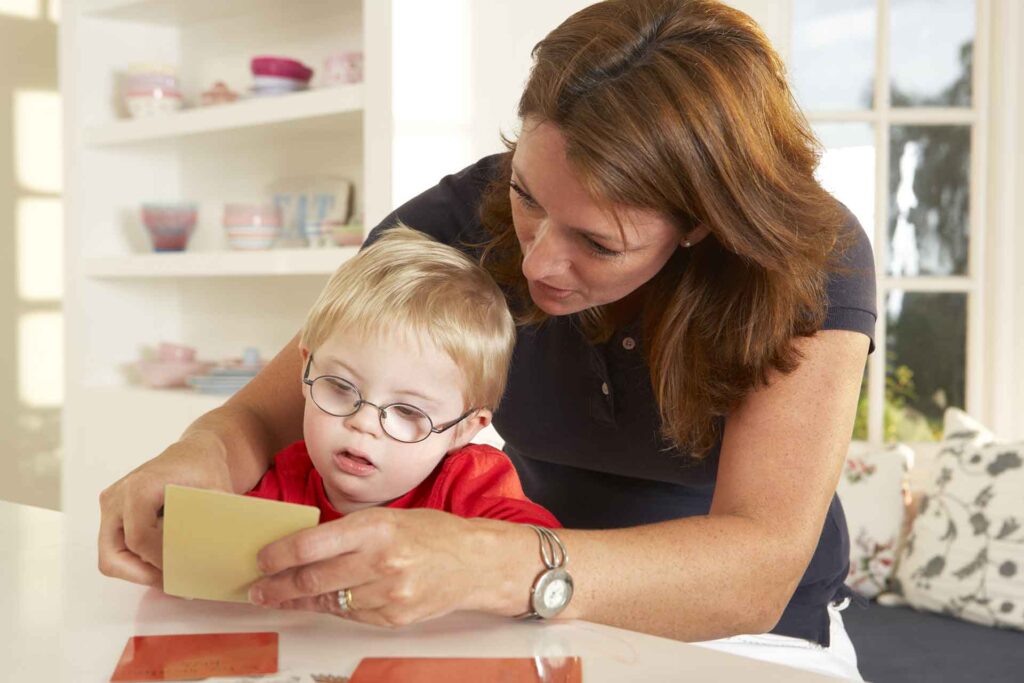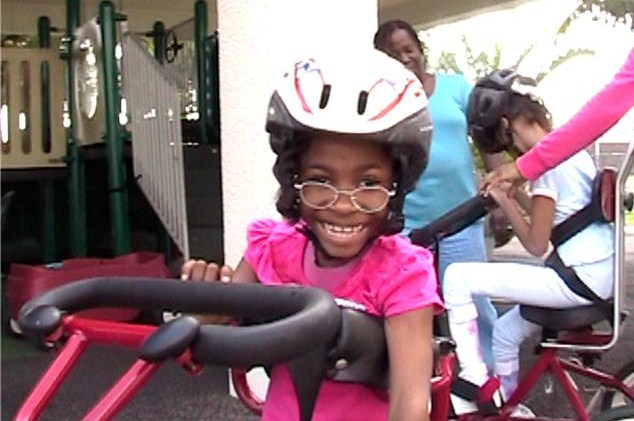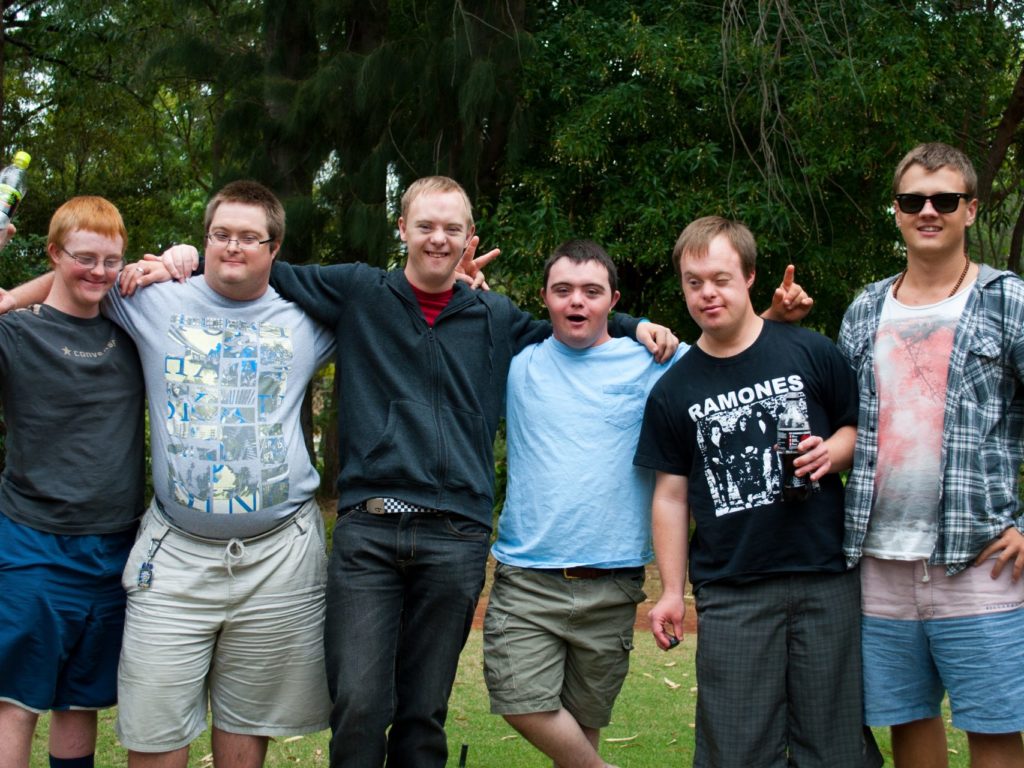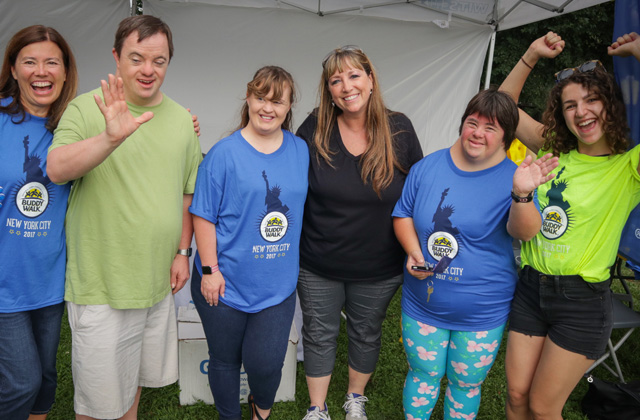You are about to embark on a journey that explores the world of individuals with Down’s Syndrome and the crucial support they require. In this article, we will take a compassionate look at how we can provide the necessary care and understanding for those living with this unique condition. With a friendly tone and a second person perspective, we’ll provide insights and strategies that will help you become an advocate and friend to these extraordinary individuals. So, let’s begin this enlightening exploration into supporting individuals with Down’s Syndrome!

Understanding Down’s Syndrome
Down’s Syndrome, also known as Trisomy 21, is a genetic disorder that occurs when an individual has an extra copy of chromosome 21. This extra genetic material affects the development of the body and brain, leading to characteristic physical features and cognitive impairments. It is named after John Langdon Down, the British physician who first described the condition in 1866.
Causes of Down’s Syndrome
The most common cause of Down’s Syndrome is the presence of an extra copy of chromosome 21, which can occur due to an error during the formation of reproductive cells (sperm or egg) or during early embryonic development. The risk of having a child with Down’s Syndrome increases with the mother’s age, especially after the age of 35. However, the majority of children with Down’s Syndrome are born to younger mothers due to the higher number of births in this age group.
Prevalence of Down’s Syndrome
Down’s Syndrome is the most common chromosomal disorder worldwide, affecting approximately 1 in 800 live births. The prevalence varies slightly across different populations and countries. However, with advancements in medical care and increased awareness, individuals with Down’s Syndrome are living longer and leading fulfilling lives.
Early Diagnosis and Intervention
Early diagnosis and intervention are crucial for individuals with Down’s Syndrome to maximize their potential. Recognizing the signs and symptoms at an early stage allows for timely interventions and support, leading to improved outcomes and quality of life.
Signs and Symptoms of Down’s Syndrome
Individuals with Down’s Syndrome typically exhibit certain physical characteristics, such as almond-shaped eyes, a flat facial profile, a small nose, and a protruding tongue. They may also have certain health conditions, including heart defects, hearing loss, and thyroid problems. The cognitive abilities of individuals with Down’s Syndrome vary widely, ranging from mild to moderate intellectual disability.

Screening Tests for Down’s Syndrome
Various screening tests are available to identify the risk of Down’s Syndrome during pregnancy. These tests include blood tests and ultrasound examinations that assess the likelihood of chromosomal abnormalities. While these tests can provide an estimate of the chances of having a child with Down’s Syndrome, they cannot provide a definitive diagnosis.
Early Intervention Strategies
Early intervention is crucial for optimizing the development and learning potential of individuals with Down’s Syndrome. It typically involves a multidisciplinary approach, including professionals such as pediatricians, geneticists, therapists, and educators. Early intervention strategies focus on stimulating growth and development in areas such as cognition, language, motor skills, and social-emotional development.
Healthcare Professionals Involved
When it comes to medical support for individuals with Down’s Syndrome, various healthcare professionals play a vital role in managing their overall health and well-being. These professionals may include pediatricians, medical specialists (such as cardiologists, endocrinologists, and otolaryngologists), and therapists (such as physical therapists and occupational therapists).
Common Medical Conditions
Individuals with Down’s Syndrome are at an increased risk of developing certain medical conditions. These may include congenital heart defects, gastrointestinal issues, hearing loss, vision problems, respiratory conditions, and endocrine disorders. Regular medical check-ups, diagnostic tests, and targeted interventions are essential for the timely detection and management of these conditions.
Treatment and Management Options
The treatment and management of medical conditions in individuals with Down’s Syndrome depend on the specific condition and its severity. Treatment options may include medications, surgical procedures, therapies, and lifestyle modifications. It is crucial for healthcare professionals to closely monitor individuals with Down’s Syndrome, provide adequate support, and address their unique healthcare needs.

Special Education Programs
Educational support is vital for individuals with Down’s Syndrome to develop their cognitive abilities, communication skills, and socialization. Special education programs provide tailored instruction and support to meet the individual needs of students with Down’s Syndrome. These programs focus on enhancing academic skills, fostering independence, and promoting inclusion within the school community.
Individualized Education Programs (IEPs)
Individualized Education Programs (IEPs) are legally mandated documents developed for students with disabilities, including Down’s Syndrome. IEPs outline personalized goals, accommodations, and specialized services required to support the student’s educational needs. These programs enable collaboration between parents, teachers, and related service providers to ensure the provision of appropriate educational support.
Inclusive Classrooms and Accommodations
Inclusive classrooms promote the integration of students with Down’s Syndrome alongside their typically developing peers. Accommodations and modifications, such as specialized teaching strategies, assistive technology, and classroom adaptations, are provided to create an inclusive learning environment. By fostering social interactions and peer relationships, inclusive classrooms facilitate the overall development of students with Down’s Syndrome.
Speech Therapy
Speech and language difficulties are common in individuals with Down’s Syndrome due to the physical characteristics of the mouth and tongue, as well as cognitive impairments. Speech therapy plays a crucial role in supporting language development and communication skills. Therapists work closely with individuals with Down’s Syndrome to improve articulation, vocabulary, grammar, and overall communication abilities.
Alternative and Augmentative Communication (AAC)
For individuals with Down’s Syndrome who experience challenges with speech and language, alternative and augmentative communication (AAC) systems can be beneficial. AAC encompasses various methods, including sign language, picture cards, communication boards, and electronic devices, to facilitate expressive and receptive communication. These tools enable individuals with Down’s Syndrome to effectively communicate their thoughts, needs, and emotions.

Strategies for Enhancing Language Skills
Apart from therapy and AAC tools, several strategies can enhance the language skills of individuals with Down’s Syndrome. These strategies include providing a language-rich environment, using visual supports, breaking down complex tasks into smaller steps, and utilizing repetition and reinforcement techniques. Consistent practice, patience, and support from family members, educators, and therapists are key in fostering language development.
Building Social Skills
Social skills are an essential aspect of development for individuals with Down’s Syndrome. Building social skills involves teaching concepts such as turn-taking, sharing, empathy, and appropriate social behavior. Social skills training may include structured group activities, one-on-one interactions, and role-playing scenarios to help individuals with Down’s Syndrome navigate social situations and establish meaningful connections with others.
Supporting Emotional Well-being
Individuals with Down’s Syndrome may experience emotional challenges, such as low self-esteem, anxiety, and difficulty managing emotions. It is crucial to provide a supportive and nurturing environment that fosters emotional well-being. This can involve encouraging self-expression, teaching coping strategies, and promoting self-advocacy. Involvement in activities that promote self-confidence, such as sports, arts, and hobbies, can also contribute to emotional well-being.
Community and Social Activities
Engaging in community and social activities is an integral part of promoting inclusion and a sense of belonging for individuals with Down’s Syndrome. Participation in clubs, organizations, and community events allows individuals with Down’s Syndrome to develop social connections, explore their interests, and showcase their abilities. Community support groups and advocacy organizations also provide a valuable network of resources, information, and emotional support for both individuals with Down’s Syndrome and their families.
Importance of Physical Therapy
Physical therapy plays a crucial role in promoting motor skills development and overall physical well-being in individuals with Down’s Syndrome. Physical therapists work with individuals to improve strength, balance, coordination, and mobility. Through exercises, stretches, and targeted interventions, physical therapy helps individuals with Down’s Syndrome achieve their motor milestones and enhances their independence in daily activities.

Developing Gross and Fine Motor Skills
Individuals with Down’s Syndrome typically experience delays in gross motor skills (such as crawling, walking, and running) and fine motor skills (such as grasping objects, writing, and self-feeding). Physical therapists employ a range of exercises, activities, and assistive equipment to facilitate the development of these skills. By breaking down complex movements into manageable steps, physical therapy promotes motor skill acquisition and enhances overall physical dexterity.
Adaptive Equipment and Assistive Technology
Adaptive equipment and assistive technology are valuable tools in supporting individuals with Down’s Syndrome in their physical development and independence. These may include mobility aids (such as walkers or wheelchairs), adaptive utensils, writing tools, and technological devices designed to enhance communication and accessibility. The use of adaptive equipment and technology can empower individuals with Down’s Syndrome to actively participate in daily activities and overcome physical barriers.
Daily Living Skills Training
Developing independent living skills is a crucial aspect of supporting individuals with Down’s Syndrome as they transition into adulthood. Daily living skills training encompasses teaching self-care tasks, such as dressing, grooming, and personal hygiene, as well as household management skills, meal preparation, and money management. By acquiring these skills, individuals with Down’s Syndrome gain confidence, autonomy, and the ability to lead fulfilling lives.
Self-Care and Personal Hygiene
Self-care and personal hygiene skills are essential for individuals with Down’s Syndrome to maintain their overall health and well-being. Teaching and reinforcing self-care routines, such as bathing, toothbrushing, and toileting, contribute to their independence and help prevent health-related issues. Patient guidance, visual aids, and hands-on practice facilitate the learning and mastery of these important life skills.
Transition Planning for Adulthood
Transition planning is a critical process that supports individuals with Down’s Syndrome as they move from adolescence into adulthood. This involves coordinating efforts between educators, healthcare professionals, families, and community organizations to ensure a smooth and successful transition. Transition planning focuses on identifying vocational opportunities, independent living arrangements, educational and training programs, and community support services to prepare individuals with Down’s Syndrome for a fulfilling and inclusive adult life.
Creating Inclusive Environments
Promoting inclusion involves creating environments that value and embrace the abilities of individuals with Down’s Syndrome. Inclusive schools, workplaces, and communities provide opportunities for meaningful participation and equal access to resources. Ensuring physical accessibility, implementing inclusive policies and practices, and fostering a culture of acceptance and understanding are essential in creating inclusive environments that respect the rights and dignity of individuals with Down’s Syndrome.
Promoting Advocacy and Awareness
Advocacy and awareness initiatives play a vital role in promoting the rights and well-being of individuals with Down’s Syndrome. By engaging in advocacy efforts, individuals with Down’s Syndrome and their families can advocate for equal educational opportunities, healthcare access, and community inclusion. Awareness campaigns raise public consciousness about Down’s Syndrome, challenge stereotypes, and foster a more inclusive and accepting society.
Supporting Rights and Opportunities
Supporting the rights and opportunities of individuals with Down’s Syndrome involves working towards eliminating discrimination, prejudice, and social barriers. By providing equal access to education, healthcare, employment, and recreational activities, society can enable individuals with Down’s Syndrome to reach their full potential, contribute to their communities, and lead fulfilling lives. Promoting inclusive policies, supporting legislation, and advocating for inclusive practices are essential steps towards creating a more inclusive and equitable society.
Recognizing Strengths and Talents
It is important to recognize and celebrate the unique strengths and talents of individuals with Down’s Syndrome. Despite the challenges they may face, individuals with Down’s Syndrome possess various abilities in areas such as music, art, sports, and social skills. By acknowledging and nurturing their strengths, society can create opportunities for individuals with Down’s Syndrome to excel, express themselves, and contribute to their communities in meaningful ways.
Showcasing Success Stories
Success stories of individuals with Down’s Syndrome can inspire and challenge stereotypes and misconceptions. These stories highlight the achievements, talents, and accomplishments of individuals with Down’s Syndrome in various fields, such as education, employment, sports, and the arts. By sharing these stories, we can raise awareness, challenge prejudices, and promote a more inclusive and accepting society that recognizes and celebrates the abilities of individuals with Down’s Syndrome.
Challenging Stereotypes and Misconceptions
Challenging stereotypes and misconceptions is essential for creating a society that values and includes individuals with Down’s Syndrome. It is important to recognize that individuals with Down’s Syndrome are unique individuals with diverse abilities, interests, and aspirations. By challenging prejudices and promoting understanding, we can foster a society that appreciates and embraces the contributions of individuals with Down’s Syndrome, creating a more inclusive and equitable world for all.